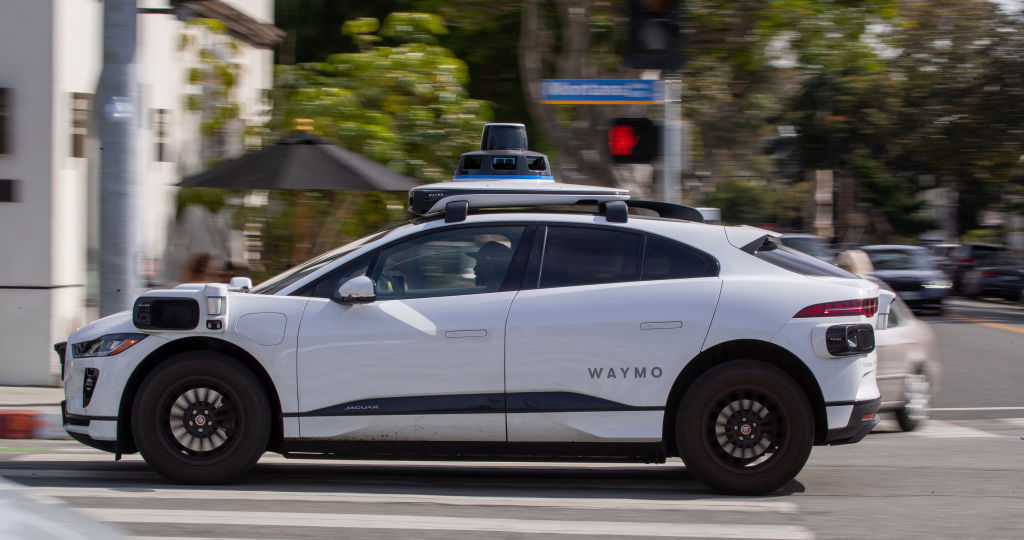It's been a couple of weeks since the iPhone 4 pre-order fiasco, and it's tempting to forget about it and just talk about the phone. Tempting, but wrong. What happened earlier this month is important, because it was fundamentally a different animal from past iPhone launch woes. Now we can finally point the finger at who's responsible.
It's been widely reported that iPhone 4's unexpected sales crush crushed poor AT&T's servers. Here's how the storyline is playing out:
- More than 600,000 iPhone 4's got pre-ordered, 10 times that of the iPhone 3GS. Apple reports it sold 1.7 million iPhones one day one; analysts project Apple will sell 9.5 million iPhones in its first 90 days, compared to 5.21 million 3GSs, 4.36 million 3Gs and 1.12 million of the original back in 2007. No one expected such a rush of orders.
- AT&T was particularly unprepared. PC World reported that AT&T failed to adequately test its systems prior to going live, despite experiencing myriad activation problems in previous years.
- Apple had no problem processing a reported 120,000 iPad pre-orders on the first day without any systems crashing because AT&T wasn't involved.
AT&T Worthless?
It's easy to dump on AT&T (and fun, too), but the truth is probably not as simple as AT&T screwed up. Like the Deepwater Horizon, the iPhone 4 pre-order disaster was likely a series of massive screw-ups by several organizations, and by a group conspicuous by its absence in the blame game.
Here's what I think the real story is.
1. AT&T wasn't alone. Those 600,000 iPhone 4 pre-orders weren't just in the U.S. and weren't just AT&T. As far as I can tell, that's 600,000 spread over five pre-order countries (U.S., Britain, Germany, France and Japan). And there were reports that all the British carriers, Softbank in Japan and Deutsche Telekom also were overwhelmed, also shut down their pre-order Web sites and also were unable to ship all their orders on time. (Oddly, I saw no reports of any problems in France. Fill in your own Germany and Japan surrendered and France didn't jokes here.)
Tech
2. That PC World report just doesn't ring completely true for me for three reasons. First, see No. 1 above. Second, knowing Apple and Apple knowing the iPhone activation debacles of previous years, there's no way notoriously perfectionist Apple wasn't actively involved in making sure everything at AT&T worked. Third, if it is true, then Apple's to blame for not being its usually indefectible self and making sure AT&T was ready, which means someone's head at Apple is sure to roll.
3. Remember, all we were trying to do was reserve the damn things. None of this required actual activation, a far more complex operation that neither Apple nor AT&T has ever gotten quite right in any of the previous iPhone introductions. All the system had to do this time was to check subsidizing qualification.
4. Finally, I know it wasn't a matter of AT&T's systems being overwhelmed. I'm a night owl, and I was monitoring the Apple Web site all night on June 14 and 15, reloading and re-reloading Apple's iPhone page waiting for the pre-order option to appear. As soon as it popped up, around 5 a.m. (if memory serves), I immediately began the pre-order process — and received the same error messages at the end of the process. I have a hard time believing there was enough of a flood of early bird OCD geeks like me to overwhelm the system the second it became available at 5 in the morning.
We Have Met the Enemy and…
It's not just AT&T, and it wasn't just Apple. It's really the entire cellphone business, which has been unprepared for the popularity of their products ever since the first Motorola DynaTAC was activated in October 1983. In the last decade or so, we've seen networks shift from analog to digital, from 1G to 2/2.5G, to 3G and now to 4G. Every network upgrade means billions of new dollars spent on building infrastructure, the payback — or, return on investment (ROI) — of which carriers can easily measure.
But where's the measurable ROI from customer-service infrastructure investment? Carriers have zero incentive to improve the process considering 600,000 of us willingly went through hell and will do so again next year and the year after that and the year after that. I was told confidentially by several AT&T employees during the misbegotten launch of the iPhone 3G in 2008 that workers constantly complained about ancient and creaky computers and customer service software. Its doubtful these systems got much of an upgrade considering how much AT&T had to spend solving 3G network access problems in New York City and San Francisco.
And if you think Verizon or whomever the next iPhone carrier will be won't experience the same problems, you're deluding yourself.
The carriers seem to have declared, "Billions for infrastructure, not a cent for customer service!" because — the problem is us.



